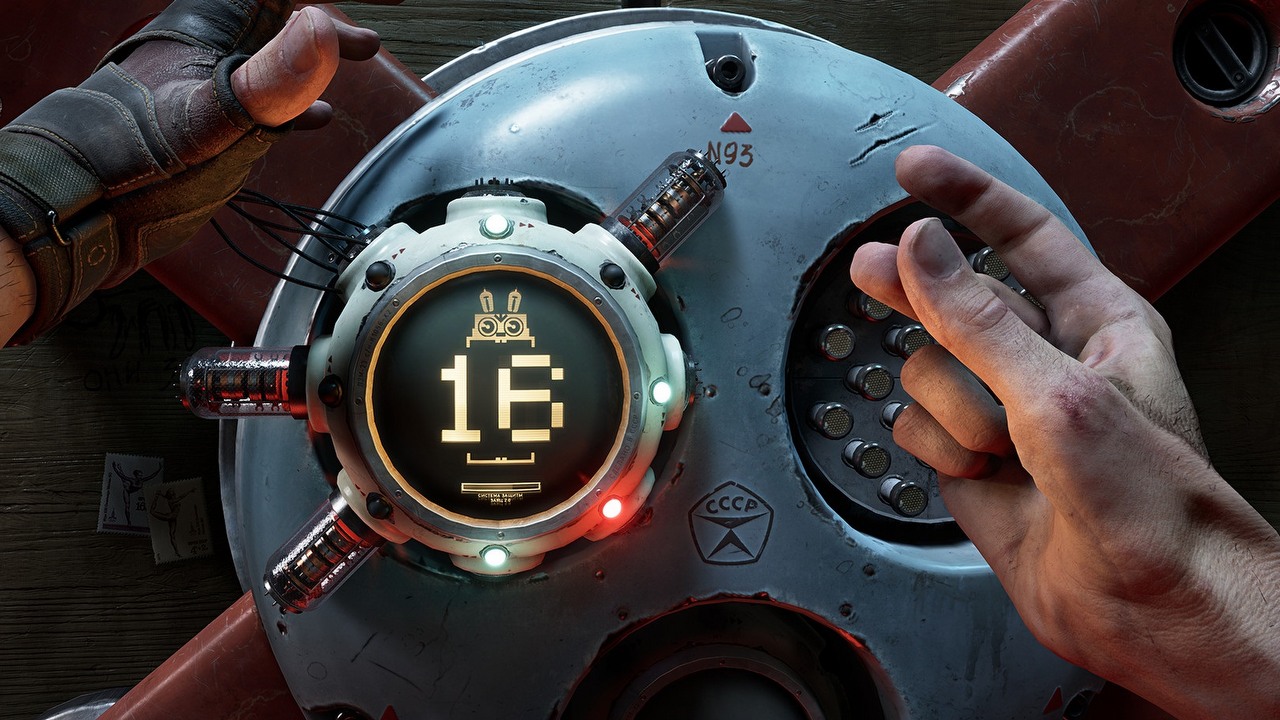Russia Wants to Fund Its Own Alternative to Unreal Engine and Unity
Russia may want to hedge its bets in case Epic Games does not stop at withdrawing its games from the country. This would take the form of a free game engine for Russian developers, which the state would fund.
1

Russia has another idea for independence from the Western technology market. As reported by the Kommersant newspaper, Ministry of Digital Development and State Duma deputies are to hold talks with Russian developers on state support for work on an indigenous video game development engine.
The project would be funded by the Russian Foundation for the Development of Information Technologies (RFRIT). Kommersant's sources say a number of key studios from Russia are involved in the dialogue, including the vice president of VK. The company did not respond to a request for comment.
A free engine for Russian developers is a "priority"
The need for a Russian game engine was discussed back in June by Anton Gorelkin, a State Duma deputy and vice-chairman of the Information Policy Committee. On his Telegram profile, he wrote about a proposal sent to the Ministry of Digitization to develop tools for the local game developers along the lines of Unreal Engine and Unity technologies.
Gorelkin pointed out that the owner of the first of these engines - Epic Games - is a US company that as recently as March joined the sanctions imposed on Russia, halting sales of its games in the country. The MP expressed concern about whether the company might go a step further and block access to the Unreal Engine for Russian developers (via Digit News).
Therefore, Gorielkin wrote, creating an open, freely available engine for domestic game developers should be a priority for the Ministry of Digitization.
A proprietary engine is an expensive and risky idea
Of course, the issue is not simple. Kommersant reports that, according to experts, the project can be implemented, but it would entail huge costs. According to one of the newspaper's sources the Russian government would have to be ready to spend "billions of rubles over many years."
Such a huge investment would also be risky. After all, the engine, no matter how successful, would have to be supported by available graphics cards, a market that is completely dominated by American companies.
It is questionable whether companies like Nvidia, AMD or the ambitious Intel would provide support for the Russian engine in their products. After all, just a few months ago all three companies joined the Russia boycott.
This would basically bury the project's chances of success and discourage even the local developers from learning the new technology. The value of specialists in a niche, virtually unsupported engine would not be high compared to experts in Unreal Engine and Unity, on which at least hundreds of projects are developed annually.
It is also worth noting that even in the West, developers are moving away to proprietary engines - for example Polish CD Projekt - as it involves many problems (read: the need to refine the technology themselves, which is as troublesome as it is time-consuming). In this context, Russia's idea of creating its own engine seems not very sensible.
- They say that violent games cause more aggression. That's why the Mexican government wants extra fees from players for GTA and Call of Duty
- „Some of the most impressive graphics options I've ever seen.” New shooter on Unreal Engine 5 gets positive reviews just before release
- BF6 crashing after 1.1.2.0 Update. Eastwood map launch brings stability issues
1

Author: Jacob Blazewicz
Graduated with a master's degree in Polish Studies from the University of Warsaw with a thesis dedicated to this very subject. Started his adventure with gamepressure.com in 2015, writing in the Newsroom and later also in the film and technology sections (also contributed to the Encyclopedia). Interested in video games (and not only video games) for years. He began with platform games and, to this day, remains a big fan of them (including Metroidvania). Also shows interest in card games (including paper), fighting games, soulslikes, and basically everything about games as such. Marvels at pixelated characters from games dating back to the time of the Game Boy (if not older).
Latest News
- End of remote work and 60 hours a week. Demo of Naughty Dog's new game was born amid a crunch atmosphere
- She's the new Lara Croft, but she still lives in fear. Trauma after Perfect Dark changed the actress' approach to the industry
- „A lot has become lost in translation.” Swen Vincke suggests that the scandal surrounding Divinity is a big misunderstanding
- Stuck in development limbo for years, ARK 2 is now planned for 2028
- Few people know about it, but it's an RPG mixing Dark Souls and NieR that has received excellent reviews on Steam, and its first DLC will be released soon

